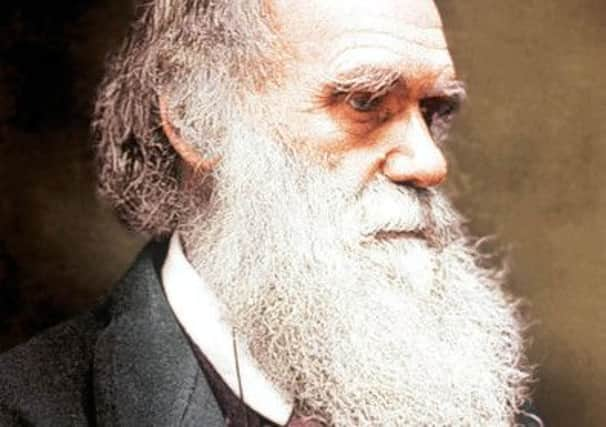Books British say have changed the way people think


As the discussion flows, along with the red wine, there’s a fair chance that Wuthering Heights, The Great Gatsby and the magnum opus that is James Joyce’s Ulysses will get at least a mention, while others might fly the flag for the late Gabriel Garcia Marquez’s modern masterpiece One Hundred Years of Solitude, or William Golding’s searing rites of passage novel, Lord of the Flies.
Famous as all these are it’s interesting that none of them make the top 10 in a new study to find the books deemed “the most valuable to humanity”.
Advertisement
Hide AdAdvertisement
Hide AdThe list, chosen by the British public for a survey commissioned by The Folio Society, makes for interesting reading and re-ignites the age-old debate of science versus religion. The nationwide survey saw The Bible come out on top, with 37 per cent of the vote, closely followed by On the Origins of Species, with 35 per cent, and A Brief History of Time, with 17 per cent in third. The Qur’an also made the top 10 as did two novels, George Orwell’s Nineteen-Eighty-Four and Harper Lee’s To Kill a Mockingbird.
Those taking part were asked not to base their decision on a book’s popularity or whether they enjoyed reading it, but the influence and significance a book has had on the modern world.
Throughout history, books have disseminated the ideas and discoveries of the world’s most influential thinkers and they have repeatedly shown the capacity to change the way we think.
The Folio Society, publishers of fine editions of some of the world’s greatest works for over 65 years, asked more than 2,000 members of the British public which three books from a list of 30 they considered to be the most valuable.
Advertisement
Hide AdAdvertisement
Hide AdThere were some noteworthy regional differences with Charles Darwin’s seminal scientific tome, On the Origin of Species, topping the list in the South, while the majority of northerners who took part opted for The Bible.
What was also interesting was the two novels that proved most popular were George Orwell’s dystopian vision of a totalitarian future and Harper Lee’s Pulitzer Prize winning classic.
“The results of the survey highlighted some interesting dynamics,” says Tom Walker, editorial director at The Folio Society. “With A Brief History of Time on the list (surely one of the most under-read bestsellers ever written); relatively little on economics despite the financial climate; and only two, overtly political, fiction titles in the list.
“The first question I had was whether the similar figures for Darwin and The Bible does show a continuing polarisation between the realms of science and religion, or whether in fact it reveals a more balanced approach to ideas for the modern reader.”
Advertisement
Hide AdAdvertisement
Hide AdHad this survey been carried out a century ago it would have looked a lot different given that half of the books in the list hadn’t been written.
“How might it look in another 30 years – will Darwin have taken over, will the worrying rise of Nineteen Eighty-Four’s relevance continue, might The Qur’an continue to rise in significance in the UK, or might advances in DNA technology mean that The Double Helix grows in stature?
“Is it perhaps a list of which books are perceived as having influence or giving understanding, rather than those which we personally read in order to understand the world around us?
“Given the age of the majority of titles perhaps our greatest influence on how we understand the world is nowadays as much through media as through books.”